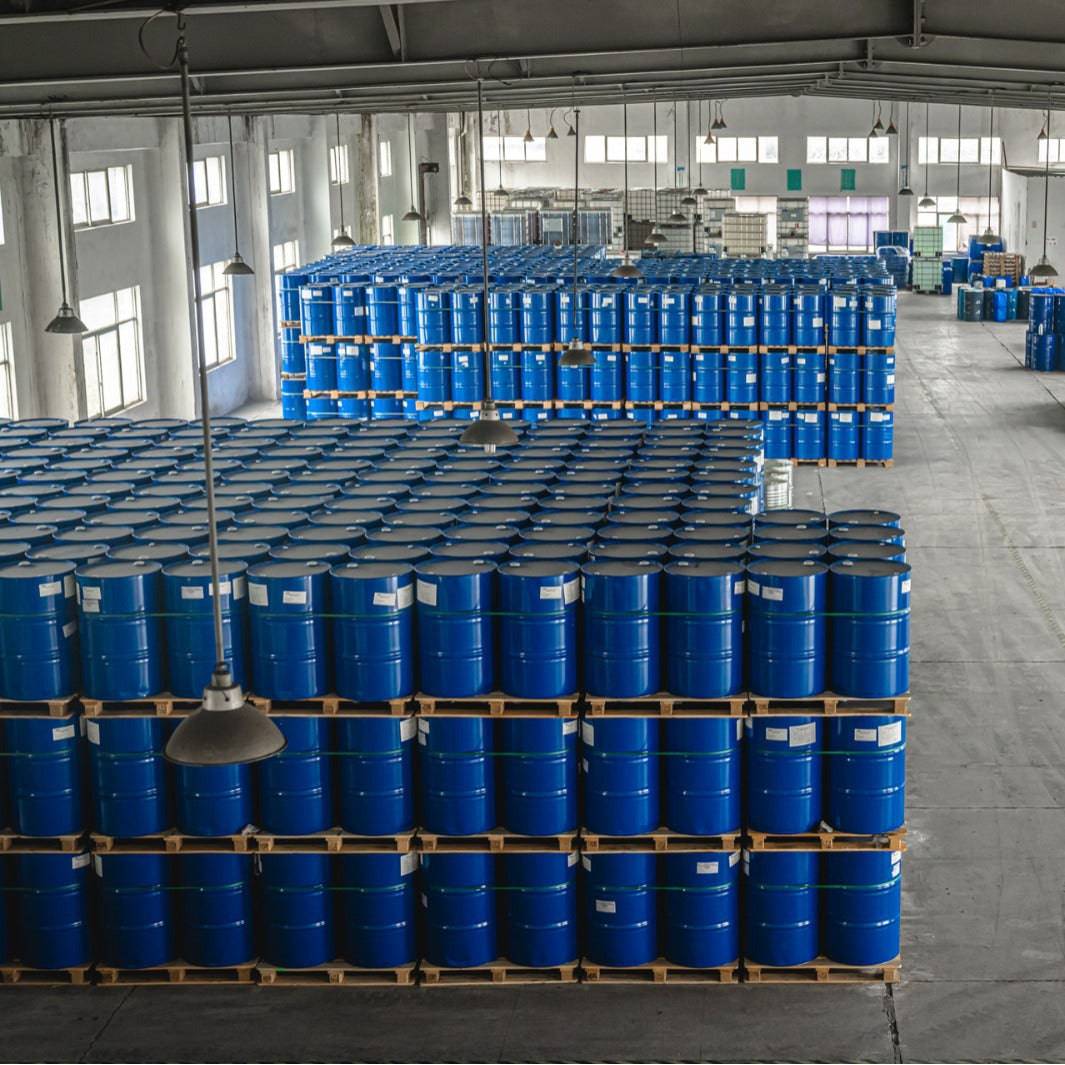Picking the Right Heat Transfer Fluid for Your Business: Key Considerations
Picking the Right Heat Transfer Fluid for Your Business: Key Considerations
Blog Article
Why Choosing the Right Heat Transfer Fluid Is Important for Optimal System Effectiveness
Picking a suitable warmth transfer fluid is a pivotal decision that can considerably affect system performance and functional costs. The best fluid not just enhances thermal efficiency yet also ensures longevity and dependability of devices, minimizing the risk of pricey downtimes. Key homes such as thermal conductivity, thickness, and thermal security needs to be thoroughly evaluated to optimize energy usage and stay clear of potential failures. As the implications of this choice expand far past instant efficiency, comprehending the nuances of fluid choice ends up being essential for any person looking to attain optimal system effectiveness. What variables should be focused on in this crucial decision-making process?
Importance of Heat Transfer Fluids
What function do heat transfer liquids play in industrial processes? Warmth transfer fluids are essential for the effective transfer of thermal power within numerous industrial systems. They facilitate the motion of heat from one area to one more, ensuring that processes run within optimum temperature level ranges. Their main function is to absorb warm from a source, such as a heating system or activator, and provide it to an end individual, like a warm exchanger or purification column.
The choice of heat transfer fluid can considerably influence power equipment, effectiveness, and safety long life. Fluids have to can standing up to high temperatures and stress without breaking down, as well as exhibition marginal volatility and low poisoning. Their performance directly influences not only the efficiency of the system however likewise its operational costs.
Furthermore, warmth transfer fluids play a crucial role in keeping process control, guaranteeing that temperature level changes are minimized. This is particularly essential in delicate applications such as drugs and petrochemicals, where precise temperature level monitoring is important. In general, the significance of choosing the ideal heat transfer fluid can not be overstated, as it is important to maximizing commercial processes and boosting overall system performance.
Trick Residence to Consider
When selecting a heat transfer liquid, which essential residential properties should be prioritized to make sure optimal efficiency? Thermal conductivity is vital; a liquid with high thermal conductivity will efficiently move warm, minimizing energy loss. Furthermore, the details heat capability of the fluid is crucial, as it establishes just how much energy the fluid can keep and launch, affecting total system responsiveness.
Thickness is one more substantial residential property to take into consideration, as it influences the liquid's flow characteristics; reduced viscosity liquids are typically liked for simpler blood circulation and reduced pumping energy. The liquid's temperature level range is similarly important; it must execute efficiently within the functional temperature levels of the system without evaporating or degrading.
Chemical stability is essential to protect against deterioration over time, which can cause system inefficiencies and possible failings - heat transfer fluid. Furthermore, compatibility with system products should not be neglected to stay clear of corrosion or damage to parts. Take into consideration the ecological effect and safety and security account of the liquid, as policies and sustainability goals significantly affect fluid selection. By focusing on these crucial residential properties, one can choose a heat transfer fluid that boosts system resilience and reliability.

Influence On System Performance
The choice of warmth transfer liquid directly influences system performance, influencing both energy intake and functional efficiency. A liquid's thermal conductivity, viscosity, and warmth ability play essential duties in just how efficiently it transfers heat within a system. Optimum fluid properties ensure that heat is soaked up and distributed effectively, lessening energy losses and improving the general efficiency of the system.

Moreover, the compatibility of the liquid with system materials can significantly impact performance. A fluid that causes rust or degradation can bring about leakages and system failures, additionally decreasing performance. In recap, the right warm transfer liquid not just takes full advantage of energy performance and lowers prices however also enhances the dependability and long life of the system, making it a crucial factor to consider for engineers and decision-makers in thermal administration applications.
Typical Kinds of Heat Transfer Fluids
A variety of heat transfer liquids are commonly used in thermal administration systems, each with distinct residential or commercial properties suited to specific applications. Water is one of the most commonly utilized warm transfer fluids because of its high certain warmth capability, inexpensive, and schedule. Its freezing factor limits its usage in low-temperature applications.
Thermal oils, frequently stemmed from oil, are an additional prominent option, particularly in high-temperature systems. These fluids can run at elevated temperature levels without vaporizing, making them perfect for industrial applications. However, they may have constraints worrying thermal stability.
Refrigerants, utilized primarily in cooling down systems, have distinct thermodynamic homes that enable effective heat transfer at reduced temperature levels. Their selection is essential to guarantee effectiveness and conformity with ecological guidelines.

On top of that, stage change products (PCMs) are obtaining grip for their capacity to take in and launch considerable amounts of warmth during phase changes, offering an one-of-a-kind solution for thermal power storage space. Each liquid's certain attributes have to be reviewed for optimum performance.
Best Practices for Selection
Picking the appropriate warmth transfer liquid includes careful factor to consider of several key factors that line up with the specific requirements of the application. Second, consider the liquid's thermal conductivity, which impacts heat transfer prices; higher thermal conductivity normally leads to boosted performance.
Furthermore, examine the liquid's thickness, as it affects pumping power and total system performance. Lower browse around this web-site viscosity fluids generally reduce power usage throughout circulation. Compatibility with system products is one more critical facet; make certain that the fluid does not trigger deterioration or degradation of components and pipes.
Following, think about the fluid's stability and long life, specifically in high-temperature applications. A secure fluid reduces maintenance and replacement costs. Ecological and security guidelines need to guide your choice procedure, highlighting environmentally pleasant and non-toxic alternatives when feasible.
Conclusion
In final thought, selecting the appropriate warmth transfer liquid is essential for achieving optimal system efficiency. The appropriate liquid boosts thermal conductivity, reduces power losses, and advertises equipment long life, inevitably leading to better system dependability and performance.
Warm transfer liquids are vital for Get More Info the efficient transfer of thermal energy within different commercial systems. Furthermore, the particular warmth ability of the liquid is vital, as it establishes exactly how much energy the liquid can store and release, impacting general system responsiveness.
Consider the ecological impact and security account of the liquid, as policies and sustainability goals significantly affect liquid choice - thermal oil. A fluid's thermal conductivity, viscosity, and warmth ability play essential roles in exactly how efficiently it moves warmth within a system. Water is one of the most widely utilized heat transfer fluids due to its high particular warmth capability, reduced cost, and accessibility
Report this page